Banks can lend on tiny houses, but the criteria and requirements for financing a tiny home may be different than for a traditional home. Tiny houses are considered non-traditional properties and can be seen as a higher risk by lenders. For this reason, lenders may have stricter requirements for tiny home loans.
Lenders will typically consider factors such as the size and value of the tiny home, the borrower’s creditworthiness, and the intended use of the tiny home (e.g. primary residence or vacation home). Banks may require a higher credit score and a larger down payment for a tiny home loan, compared to a traditional home loan. Banks may also require that the tiny home is permanently affixed to a foundation and has a permanent address, which can be a challenge for some tiny homeowners.
Some banks may have specific programs or policies in place for lending on tiny homes, while others may not be as familiar with this type of property. It is best to check with individual banks to see what options are available for financing a tiny home. Many tiny homeowners may find it hard to get a loan from traditional banks and may have to seek out alternative financing options such as personal loans, RV loans, or chattel mortgages.
In addition, tiny homeowners may also consider renting or leasing land to place the tiny home on, rather than purchasing land outright. This can help lower the overall cost of the tiny home and make it more affordable for the borrower.
In conclusion, tiny homes can be financed by banks, but the process can be more challenging and require more stringent qualifications and criteria than traditional homes. It’s important to weigh the pros and cons and check out all the available options before deciding.
Is buying a tiny house a good investment?
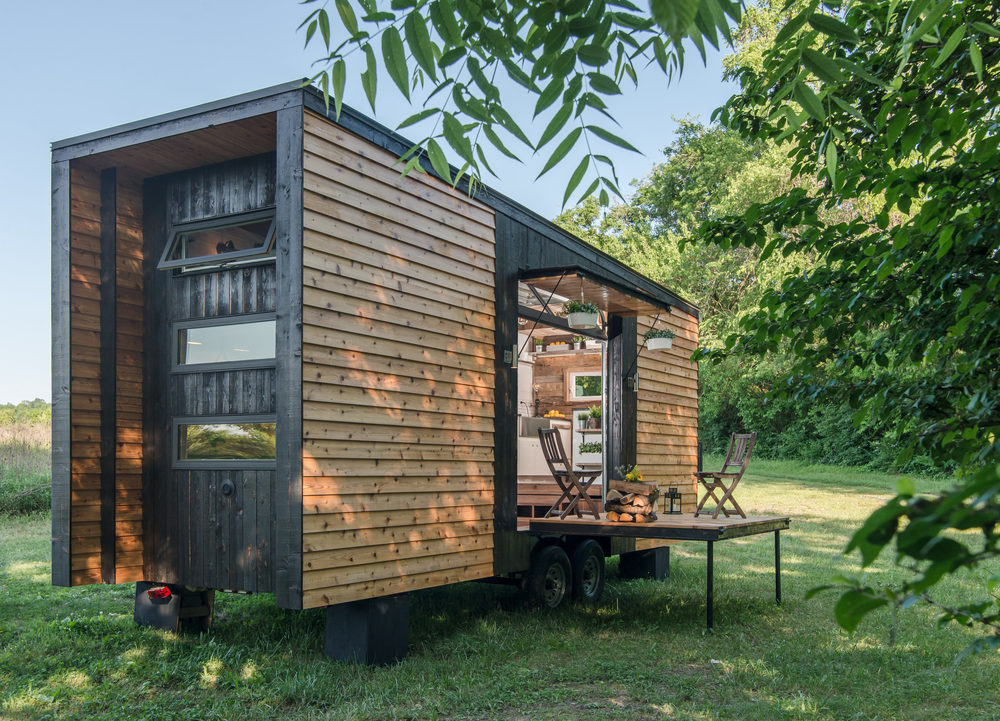
Buying a tiny house can be a good investment for some people, but it’s important to weigh the potential benefits and drawbacks before making a decision. Tiny houses are typically less expensive than traditional homes, which can make them more accessible for many people and can be a good option for first-time homebuyers or those looking to downsize. They also tend to have lower maintenance costs, are energy-efficient and can be moved, which provides flexibility and can be an advantage if you plan on relocating frequently. Additionally, if you plan on using the tiny house as your primary residence, it can be a good investment for you and your lifestyle.
However, it’s important to consider that tiny houses may not appreciate as much as traditional homes, and the resale value can vary depending on location and market demand. Additionally, renting out a tiny house can be more challenging in some areas and may not generate enough income to justify the investment. It’s also important to research local laws and regulations regarding tiny houses and ensure that the tiny house is compliant with all relevant laws. As with any real estate investment, it’s always recommended to consult with professionals such as real estate agents, financial advisors, and attorneys before making a decision.
Important factors for buying a tiny house as an investment
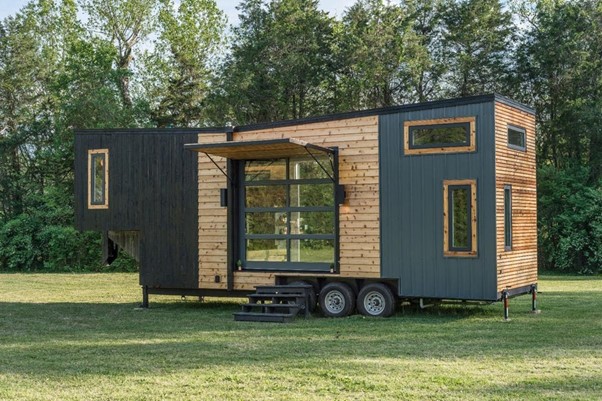
Whether buying a tiny house is a good investment depends on various factors, including location, market demand, and personal financial situation. Here are a few things to consider:
- Location: Tiny houses are generally more popular in certain regions, such as coastal areas or tourist destinations, and may not be as desirable in other areas. It’s important to research the market in your area and determine if there is a demand for tiny houses.
- Resale value: Tiny houses, like any real estate, can appreciate or depreciate in value. It’s important to research the resale value of tiny houses in your area to see if they are a good investment.
- Cost: Tiny houses tend to be less expensive than traditional homes, but they can still be a significant investment. It’s important to consider the cost of the tiny house and how it fits into your overall financial plan.
- Personal use: If you plan on using the tiny house as your primary residence, it can be a good investment for you and your lifestyle. If you plan on renting it out, you’ll need to consider the rental market and if it can generate enough income to justify the investment.
- Movable property: Tiny houses can be moved, unlike traditional homes, this can be a positive or a negative depending on the laws in the area you intend to move the tiny house to.
It’s important to weigh all these factors and consider your personal financial situation before making a decision on whether buying a tiny house is a good investment for you. It’s always recommended to consult with professionals such as real estate agents, financial advisors, and attorneys before making any real estate investment.
Is it cheaper to build or buy a tiny home?
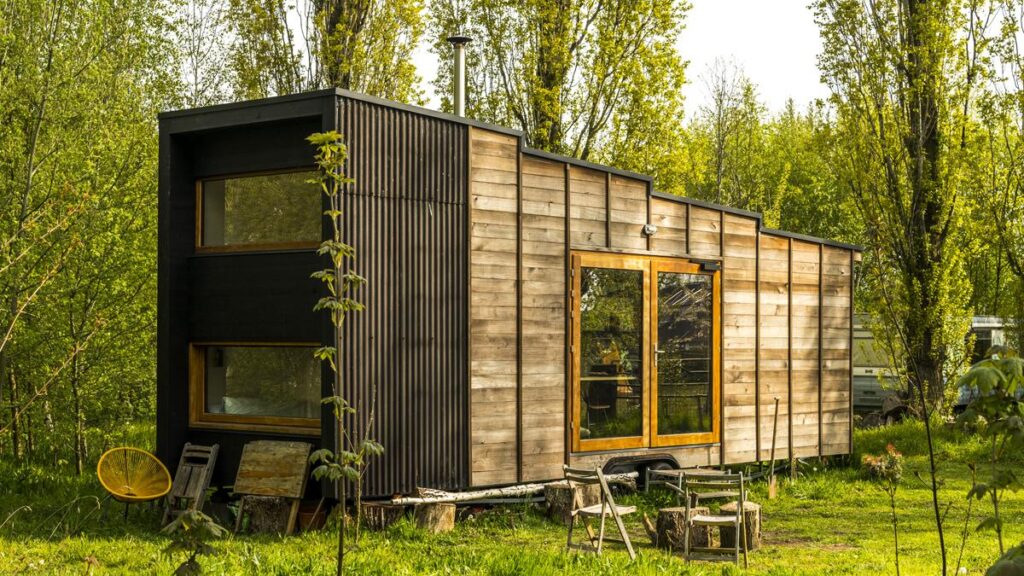
Whether it is cheaper to build or buy a tiny home can depend on several factors, including the cost of materials, labor, and location. Here are a few things to consider:
- Building costs: Building a tiny home from scratch can be cheaper than buying a pre-built one, as you can purchase materials in bulk and potentially negotiate better prices. Additionally, building it yourself can help you save on labor costs.
- DIY vs hiring professionals: Building a tiny home yourself will be cheaper than hiring professionals to do it for you, but it also requires more time, effort, and expertise.
- Cost of materials: The cost of materials can vary depending on where you live and the quality of materials you choose. For example, using reclaimed or salvaged materials can be cheaper than buying new materials.
- Location: The cost of building or buying a tiny home can vary depending on where you live, as the cost of living and the cost of materials can be higher in some areas.
- Pre-built tiny homes: Buying a pre-built tiny home can be more expensive than building one yourself, but it can also save you time and effort, and in some cases, it can be cheaper than building one yourself.
In general, building a tiny home can be cheaper than buying a pre-built one, but it also requires more time, effort, and expertise. It’s always recommended to do a thorough cost analysis and compare the costs of building and buying a tiny home in your area before making a decision.

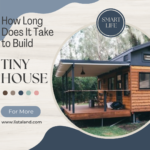
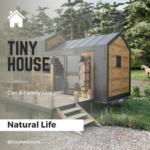
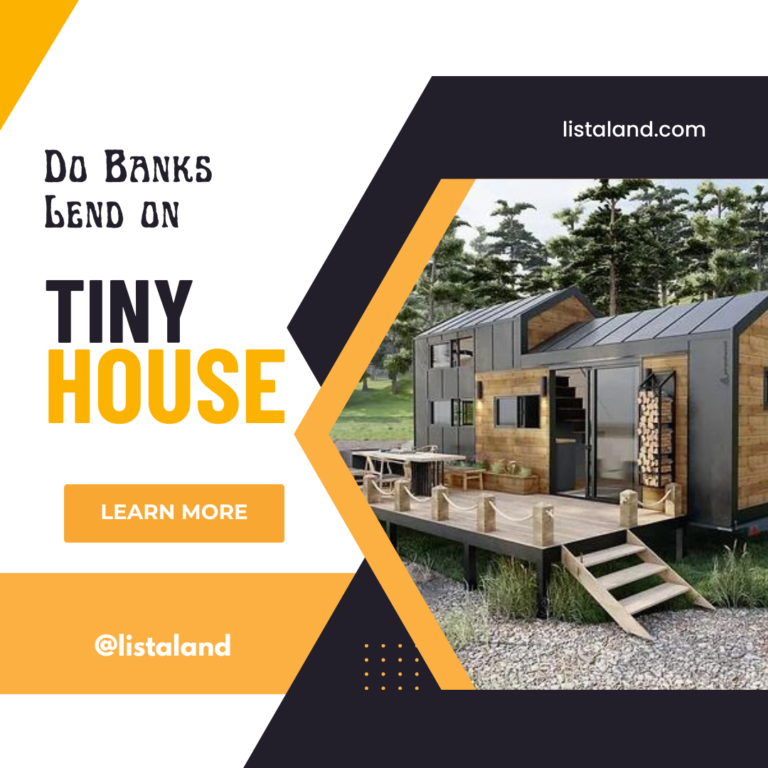
0 Comments